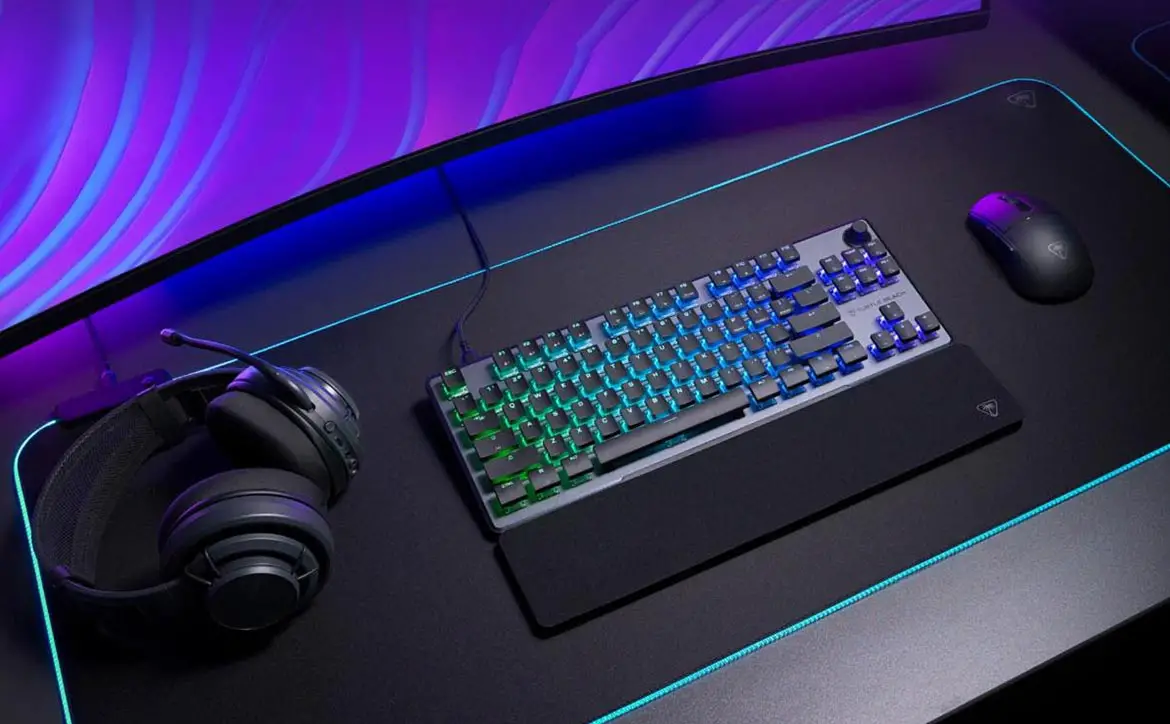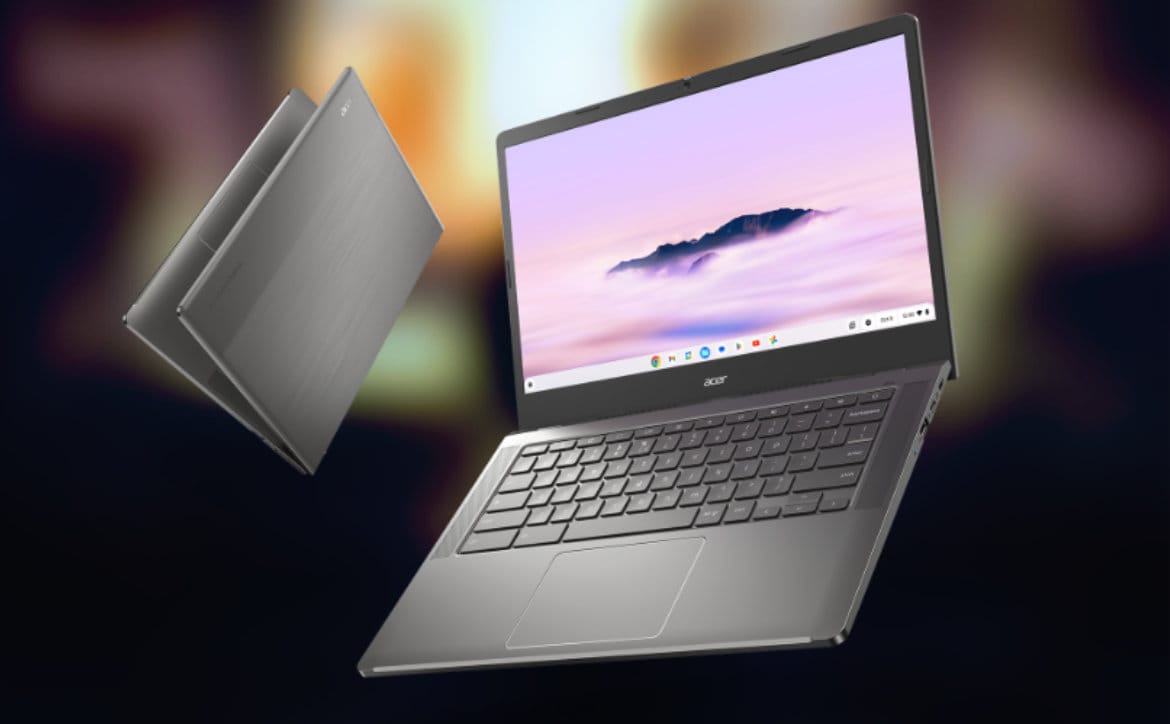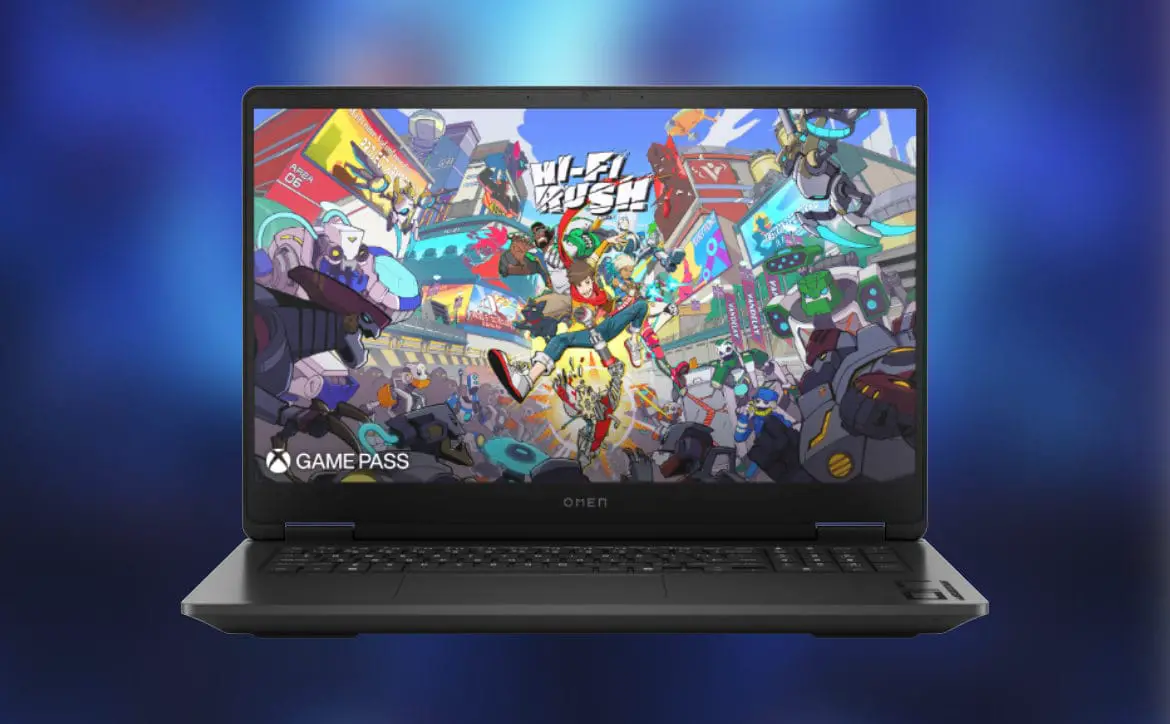As 2016 approaches, so does the release day of one of the most anticipated devices in recent years. That’s right, another Android powered oven is right around the corner and my mitts are ready. Also some VR Headset is set to drop in the spring, but only people that haven’t tried my peanut butter and pumpkin lasagna would care more about that. However, until we know more about my culinary messiah, we might as well focus on some emerging details regarding the aforementioned VR Headset, the preeminent Oculus Rift. More importantly, the hardware needed to make it work.
In May, Oculus outlined the minimum hardware that PCs will need in order to pair and work correctly with the Oculus Rift. They were also quick to point out, the available consumer hardware was not up to par with the requirements:
- NVIDIA GTX 970 / AMD 290 equivalent or greater
- Intel i5-4590 equivalent or greater
- 8GB+ RAM
The goal is for all Rift games and applications to deliver a great experience on this configuration by default. We believe this “it just works” experience will be fundamental to VR’s success, given that an underperforming system will fail to deliver comfortable presence.
The recommended spec will stay constant over the lifetime of the Rift. As the equivalent-performance hardware becomes less expensive, more users will have systems capable of the full Rift experience. Developers, in turn, can rely on Rift users having these modern machines, allowing them to optimize their game for a known target, simplifying development.
Apart from the recommended spec, the Rift will require:
- Windows 7 SP1 or newer
- 2x USB 3.0 ports
- HDMI 1.3 video output supporting a 297MHz clock via a direct output architecture
The last bullet point is tricky: many discrete GPU laptops have their external video output connected to the integrated GPU and drive the external output via hardware and software mechanisms that can’t support the Rift. Since this isn’t something that can be determined by reading the specs of a laptop, we are working on how to identify the right systems. Note that almost no current laptops have the GPU performance for the recommended spec, though upcoming mobile GPUs may be able to support this level of performance.
Many speculated that this would ultimately mean they would need to purchase extremely lavish PCs in in order to enjoy the rich virtual 3D environments that the Oculus Rift will provide. Today, Asus and Dell gave us some good news. Both companies plan to release hardware in early 2016 that will meet the Rift requirements while keeping costs under $1,000. In addition to their own unit, Dell will also be releasing an Alienware branded rig as well for the same sub-$1K price point. Unfortunately that is all the details we have for now, and the actual price of the Rift itself remains a mystery. While $1,000 is not exactly cheap by any means, it puts to rest some wild theories that consumers would have to choose between having a place to live or be able to escape to a wondrous virtual world.
Luckily, 2016 is quickly approaching so we should have a clearer picture of pending hardware and exact pricing very soon. All I know is I’m going have a mean peanut butter and pumpkin lasagna ready to go for my first VR party.
What do you guys think about the hardware news for Oculus Rift? Is $1,000 a relief or is the price of admission still too high? Let us know in the comments below or come talk to us on social media.
[button type=”link” link=”http://www.twitch.tv/oculus” variation=”btn-danger” target=”blank”]Source: Oculus on Twitch TV[/button]
Last Updated on November 28, 2018.









